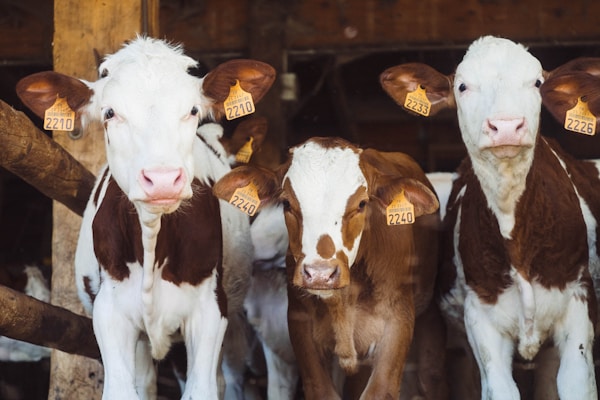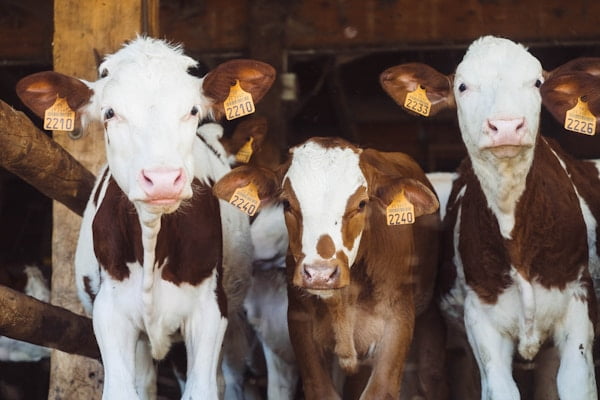Starting a farming business can be rewarding and profitable for anyone interested in agriculture. With the right planning, dedication, and resources, you can turn a plot of land into a successful and sustainable source of income for your family. This article will discuss four essential steps to starting and succeeding in your farming business. Keep reading to set yourself up for success in this exciting industry.
Creating a Detailed Business Plan

A detailed business plan is critical to the success of your farming business. A well-thought-out plan will not only help you secure financing and resources, but it will also serve as a guide and reference point throughout the life of your business. Consider your mission statement, target market, and competition when creating a business plan. Outline your short and long-term goals and the steps you need to take to achieve them.
In addition to outlining your goals and steps, your business plan should include a comprehensive financial analysis. Determine your initial start-up costs, including land acquisition, equipment, and infrastructure purchases. Estimate projected revenue and expenses for at least the first five years of operation. Ensure you have a realistic financial plan to support ongoing maintenance, worker wages, and unexpected costs.
Remember to account for various factors that may affect your farming business when creating your plan. For instance, consider the impact of seasonal fluctuations in demand and weather patterns. You may also want to consult a fuel supplier in Saskatchewan to help you manage energy costs efficiently. The clearer and more comprehensive your business plan is, the better your chance of making informed decisions and mitigating risks.
Acquiring Land and Necessary Permits
Securing land is one of the most critical aspects of starting a farming business. When choosing a location for your farm, consider factors such as soil quality, water availability, and market access. It’s vital to ensure that the land you select can accommodate the type of crops or livestock you plan to raise. Once you have identified the ideal location for your farm, secure the necessary permits and approvals to begin operations legally.
Permits and approvals may vary depending on local regulations and the scope of your farming business. These may include land use permits, water rights, and environmental assessments, among other requirements. Ensure you understand and comply with all applicable local, state, and federal regulations to avoid potential legal issues in the future.
In addition to acquiring land and permits, investing in the necessary infrastructure for your farm is crucial. This may include storage facilities, livestock shelters, and greenhouses. When constructing these agricultural structures, work with a qualified agricultural building contractor Saskatchewan who understands your specific needs and the unique challenges faced by farmers in your area.
Selecting the Right Crops or Livestock
The success of your farming business will largely depend on the type of crops or livestock you choose to raise. Conduct thorough research to determine which plants or animals best suit your region’s climate, soil types, and market demand. When deciding, consider factors such as growth cycles, expected yields, and profit margins.
Starting with a small number of crops or livestock can be beneficial initially. This will allow you to focus your resources and attention on mastering those specific agricultural practices. As your farming operation grows, you can expand your crop or livestock offerings to meet market demands and increase profitability.
Marketing and Growing Your Farming Business

Effective marketing is crucial in ensuring the success of your farming business. Establish a strong brand presence by developing a visually appealing logo, engaging website, and consistent social media presence. These marketing tools will help you connect with potential customers, communicate your farm’s unique selling points, and showcase your commitment to quality and sustainability.
Engage in various marketing strategies, such as attending farmer’s markets, developing partnerships with local restaurants or grocery stores, and offering farm tours or workshops. By actively promoting your farm and its products, you can build customer relationships, establish a loyal clientele, and grow your business over time.
Starting a farming business requires careful planning, dedication, and ongoing learning. By following these steps and remaining adaptable to market conditions and advances in agriculture, you can create a thriving and sustainable farming venture.
